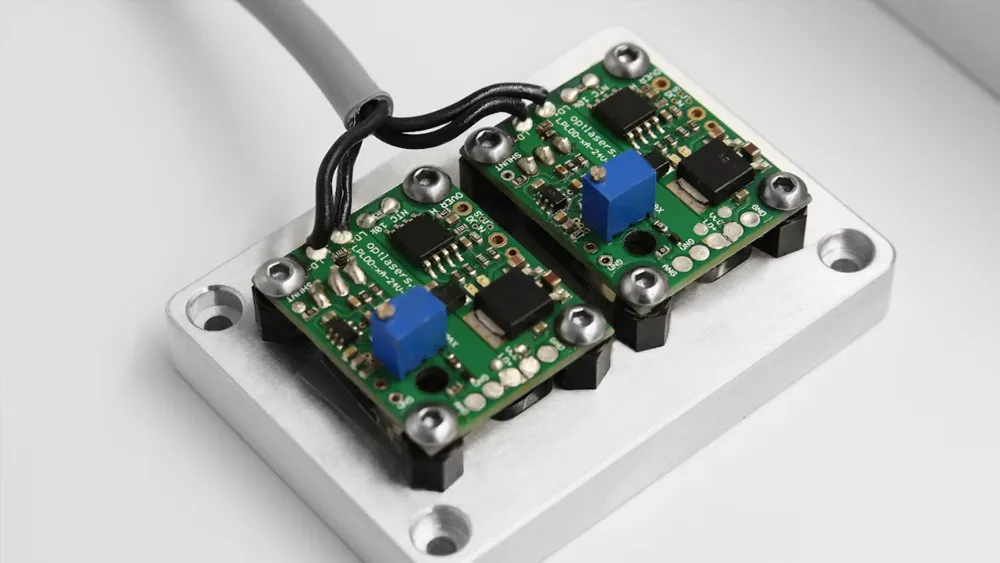
ISO 10993-5 Tests for In Vitro Cytotoxicity
What is an In Vitro cytotoxicity test?
in vitro cytotoxicity tests simULate biological growth conditions outside the body to evaluate the toxicity of medical devices and biomaterials upon contact with tissues, such as cell lysis and growth inhibition. This test is a crucial indicator in the biological evaluation of medical devices and is almost always requiRED before clinical application.
Which Products Require In Vitro Cytotoxicity Testing?
All medical devices that come into contact with or are implanted in the human body must undergo cytotoxicity testing, including:
1) Surface contact: Skin, mucous membranes, and damaged surfaces.
2) Externally communicating: Tissue/bone/teeth and circulating blood.
3) Implantable: Tissue/bone and blood.
Purpose and Significance of In Vitro Cytotoxicity Testing
Purpose: To assess the cytotoxicity of medical devices and biomaterials, predicting tissue reactions. The test examines whether test materials inhibit cell growth, alter cell function, or cause cell death.
Significance: It provides a fast and cost-effective way to screen the toxicity of bulk products, serves as a basis for animal testing, and ensures the safety of new medical device development and application.
Testing Standards
The test follows iso 10993-5:2009 "Biological Evaluation of Medical Devices – Part 5: Tests for In Vitro Cytotoxicity."
Cell Lines and Culture Medium Selection
Established cell lines should be used to ensure no mycoplasma contamination. Mouse fibroblasts or human epithelial cells are recommended, but other cell lines may be used if reproducibility is ensured. Cryopreserved cells must have protective agents removed and be subcultured at least once before use. The culture medium must be sterile, suitable for cell growth, and maintain a pH of 7.2–7.4.
Principles of In Vitro Cytotoxicity Testing
Various test methods exist, and the selection should follow the principle of "real-world application", ensuring that the exposure conditions of the test material and the evaluation of biological endpoints are appropriate.
Methods for In Vitro Cytotoxicity Testing
ISO 10993-5 does not specify a single method but provides a framework for testing. Common methods include:
1) Extract Test: Suitable for evaluating toxicity caused by leachable substances.
2) Direct Contact Test: Highly sensitive, capable of detecting even weak toxicity in materials.
3) Indirect Contact Test (Agar Diffusion, Filter Diffusion): Used for assessing the toxicity of different material types.
MTT Assay (Extract Test)
The MTT assay is based on mitochondrial succinate dehydrogenase, which reduces MTT to an insoluble blue-purple formazan. The more viable cells, the higher the formazan production. After dissolving formazan in DMSO, absorbance is measured at 570 nm, indirectly reflecting the number of viable cells. This method is highly sensitive and cost-effective.
Email:hello@jjrlab.com
Write your message here and send it to us
 Canada ISED Certification RSS-247 Standard Testing
Canada ISED Certification RSS-247 Standard Testing
 What Are the Product Compliance for Amazon Austral
What Are the Product Compliance for Amazon Austral
 Australia IoT Security Compliance
Australia IoT Security Compliance
 V16 Warning Light EU EN 18031 Cybersecurity Certif
V16 Warning Light EU EN 18031 Cybersecurity Certif
 Japan IoT Security JC-STAR Certification
Japan IoT Security JC-STAR Certification
 FCC SDoC Compliance Information Statement
FCC SDoC Compliance Information Statement
 What Does FCC SDoC Certification Mean?
What Does FCC SDoC Certification Mean?
 What is Bisphenol A (BPA) Testing?
What is Bisphenol A (BPA) Testing?
Leave us a message
24-hour online customer service at any time to respond, so that you worry!




